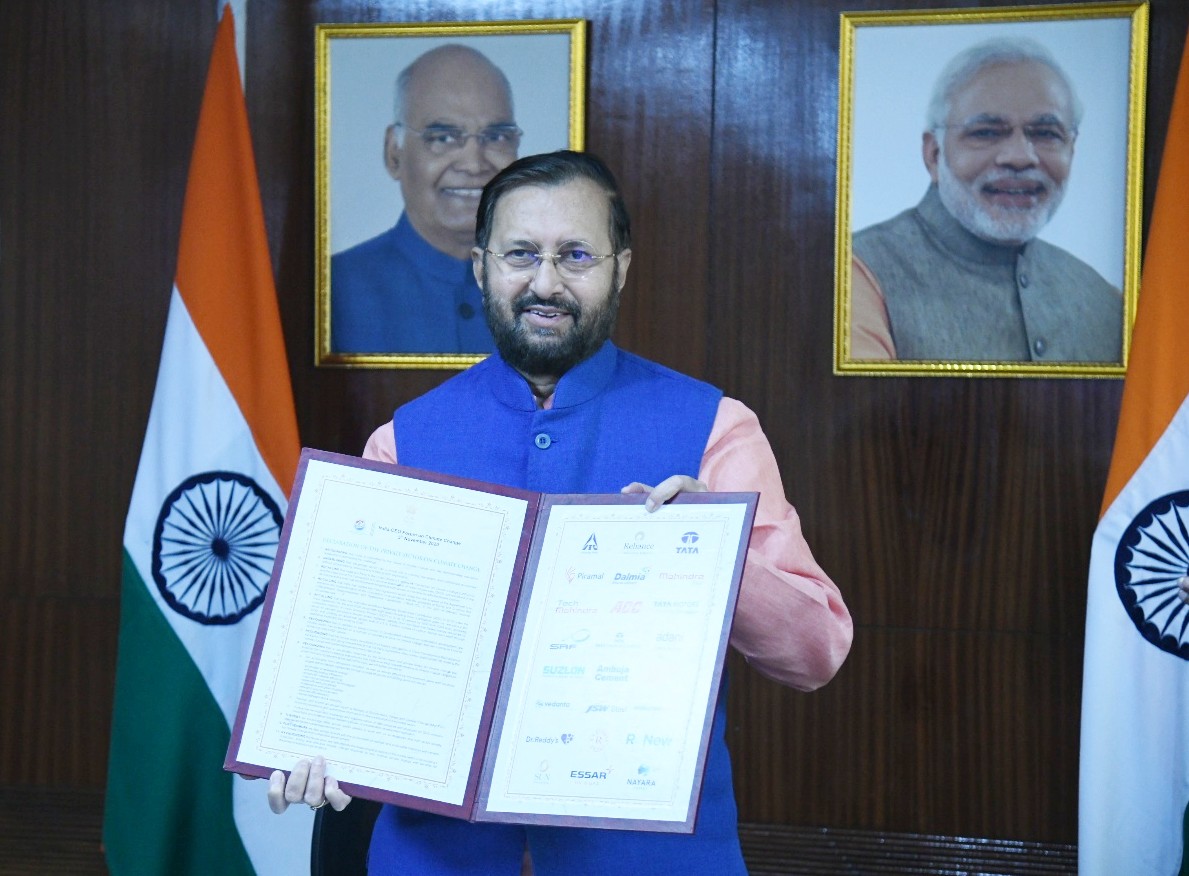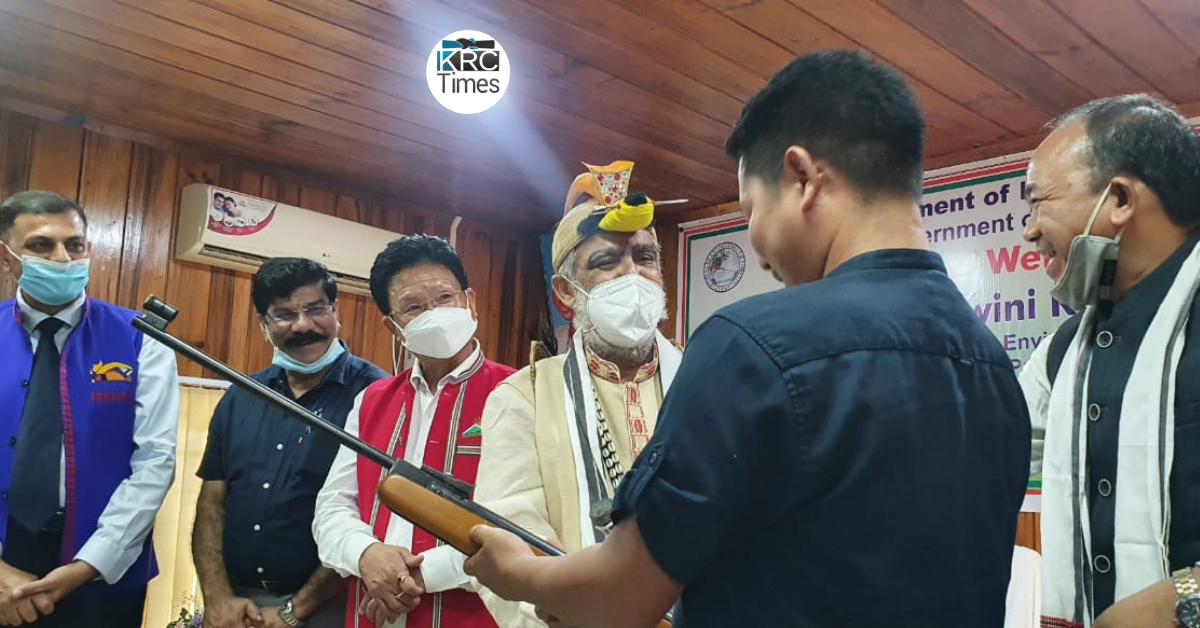Country to shift to BS VI vehicular emission norms by April next year: Union Environment Minister
 KRC TIMES Desk
KRC TIMES Desk

Union Minister for Environment, Forest and Climate Change, Prakash Javadekar termed the relentless efforts of the Central Pollution Control Board are resulting in more ‘good days’ in terms of environment in the National Capital Region of Delhi.
The Union Minister while detailing various various actions and results achieved by his Ministry and its line departments at a Press Conference in New Delhi on 7th October, said “Recognition of existence of a problem is beginning of solution of the problem. The pollution problem of Delhi-NCR started aggravating since 2006 and was not recognized till 2014.
Stressing on the initiative taken by NDA Government under the leadership of Prime Minister Narendra Modi 2015, under the supervision of Prime Minister, Air Quality Index (AQI) was launched. Today, 113 AQI monitoring stations are present in Delhi-NCR and 29 more are to be installed soon”. The Minister highlighted that out of 273 days till 30th September in 2019, number of ‘Good’, ‘Satisfactory’ and ‘Moderate’ days were 165 as against 104 in 2016.

The Minister further informed that Bharat Stage Six (BS VI), is a revolutionary step in the transformation of fuels. He added that there has been 80% reduction in Particulate Matter emissions and 30% reduction in Nitrogen Oxides emissions in BS IV heavy duty diesel vehicles compared with BS III norms. Nearly ₹60,000 Cr were spent on switching over to BS VI fuels.
“The Country will shift to BS VI vehicular emission norms from BS IV by April 2020. BS VI petrol/diesel is already available in Delhi/NCR”, said Javadekar.

Terming the launch of green fire crackers with green logo and QR coding system on Saturday, a historic initiative, the Minister advised not to burst crackers this Diwali. However if one chooses to, then opt for the green crackers which is aimed at reducing pollution and health risks, Javadekar advised.

Pointing out various efforts undertaken to control pollution, Javadekar stated “From today onwards, 46 teams of Central Pollution Control Board (CPCB) are taking stock of pollution levels in Delhi-NCR and will take appropriate action wherever needed”.
While highlighting the great positive impact on pollution achieved by creation of Eastern and Western Peripheral Expressways, which was completed at cost of ₹17000 Cr, has now led to 40000 goods vehicles, being diverted from national capital.
Talking of initiatives relating to e-mobility and Delhi Metro Rail Corporation network, Javadekar said, 377 Km of metro lines with 274 stations, is catering to more than 30 lakh passengers daily in an environmentally friendly manner. He termed it has one of the best systems of public transport in the world because of which more than 4 lakh vehicles are avoided on roads, thereby, reducing pollution.

Underlining the various actions undertaken by the Government to control road and construction and demolition (C&D) dust, the Minister said emulating the best dust management practices from Delhi Metro has led to pollution reduction and presently there is nearly 5 lakh MT waste which is being processed as Recycled Aggregate/Brick base.
Pointing out that Delhi alone gets 52MW energy from solid waste management and waste compost plant is operational. The closure of Badarpur Thermal Plant, banning of pet coke and conversion of 2789 Brick kilns in NCR to Zig-Zag technology has also led to reduction of pollution.
The Minister also called upon other States to work unitedly in curbing pollution.





